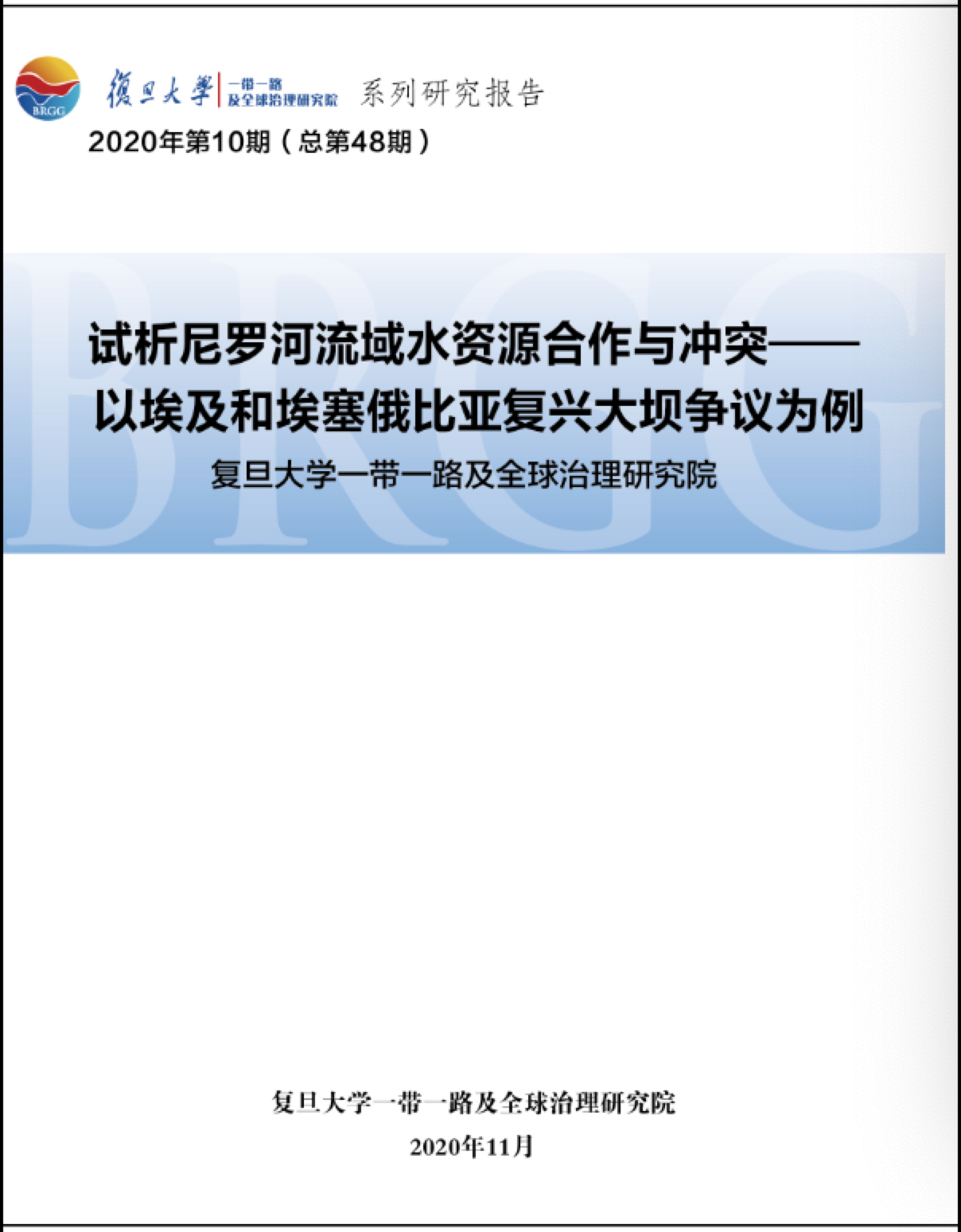
Transboundary water resources can be the root of conflict and cooperation among basin countries.
on the one hand, The activities for transboundary water resources management basin countries have carried out include the determination of Shared ownership of the river, river water and water quality along the joint governance, the distribution of the water conservancy infrastructure construction investment and operation, monitoring and information sharing, coordination and sustainable development planning, etc., can bring more cooperation space for littoral states, promote joint development among states in the region. On the other hand, although water resources themselves do not have political attributes and conflict attributes, competition for limited water resources among basin countries will not only threaten the development of some countries, but also intensify the political mistrust among countries so that lead to conflicts.
A report on the relation between water resources and security by the U.S. state department has pointed out that, while water shortages, poor water quality and flood itself is unlikely to lead to bankrupt the country, but the water resources problem, coupled with poverty, social tensions, environmental degradation, weak factors such as leadership, political system, is easy to become triggering factor for social chaos and state failure.
In addition, regional disputes or international conflicts arising from the allocation and development of water resources among basin countries are receiving increasing attention in the field of global development and security.
As the most important transboundary river in North Africa, the conflict and cooperation among the countries in the Nile basin are closely related to the livelihood and economic development of the upstream and downstream countries.
In recent years, due to the controversy over the construction of The Renaissance Dam in Ethiopia, there have been many conflicts between the upstream and downstream countries of the Nile basin on whether to recognize the historical water distribution agreement of the Nile, how to develop the basin resources and carry out cooperative governance.
In recent years, the escalation of conflicts among countries in the Nile Basin not only has a negative impact on the cooperation among countries in the region, but also on the overall sustainable development of the basin ecology.
The disputes and conflicts caused by the construction of fuxing Dam in the Nile basin still need to be solved by the concept and path of development and cooperation among countries in the basin, and the construction of Fuxing dam and the settlement of disputes should also be an opportunity to promote the regional cooperation and integration in the Nile Basin.






